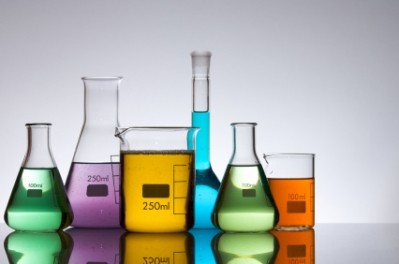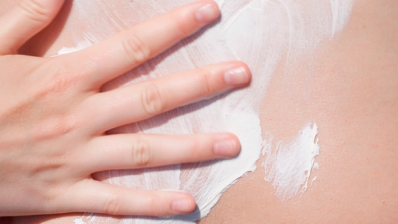Brands agree to pull titanium dioxide amid calls for ‘more study’

The move comes despite the fact that the consumer rights lobby group which filed the action, the Public Interest Alliance (PIA), admits there is no evidence that the chemical compound is a risk to human health.
The five brands include Allure, DermaQuest, Dr. Hauschka Skincare, Melaleuca and Murad.
“The Public Interest Alliance is not saying that powder cosmetic products are necessarily unsafe, but it does want to raise awareness that the scientific-based link between the inhalation of titanium dioxide powder and tumor growth requires more study,” said Jeffrey Judd, managing partner of the group’s attorneys.
The brands’ willingness to respond to the group’s demands appears to support the claim that more study is needed into the health risks associated with the widely-used ingredient.
Health questions
Titanium dioxide is a commonly used ingredient in many cosmetics, toothpaste as well as food products, and is particularly prevalent in sunscreens, where, used in combination with organic UV filters, it increases the sun protection factor.
Following the settlement, the brands in question will remove TiO2 from their products, or provide warnings complaint with Proposition 65 (The Safe Drinking Water and Toxic Enforcement Act of 1986) on product labels, or remove products from the California market.
The PIA lawsuit alleges that dozens of brands, including L'Oreal, Maybelline and Revlon have failed to provide a clear warning concerning powdered cosmetics and sun protection products that contain titanium dioxide by underlining the possible link between titanium dioxide and the increased risk of tumors needs more research.
This is despite the fact the compound has not yet actually been proven to cause damage to users’ health: “There is no scientific evidence to indicate that exposure to TiO2 causes humans any significant adverse health risks,” the lobby group confirms on its website.
But studies on the effect of high concentrations of the compound on the lungs of mice and rats have indicated a link between TiO2 and cancer, the group notes, concluding that the IARC’s description of TiO2 as ‘possibly carcinogenic’ means further study needs to be carried out before continued use in cosmetics can be justified.
Choosing wisely
Late last year, a research team from the Université de Luxembourg found that using a particular type of TiO2 could reduce the potential health risks associated with the widely used compound.
The study found that rutile, one of two commonly used types of the compound in crystalline form, to be less harmful to the skin under UV light than its partner, anatase.
"The present findings strongly encourage the use of the less reactive, negatively charged rutile to produce safer TiO2-based cosmetic and pharmaceutical products," the researchers concluded.









